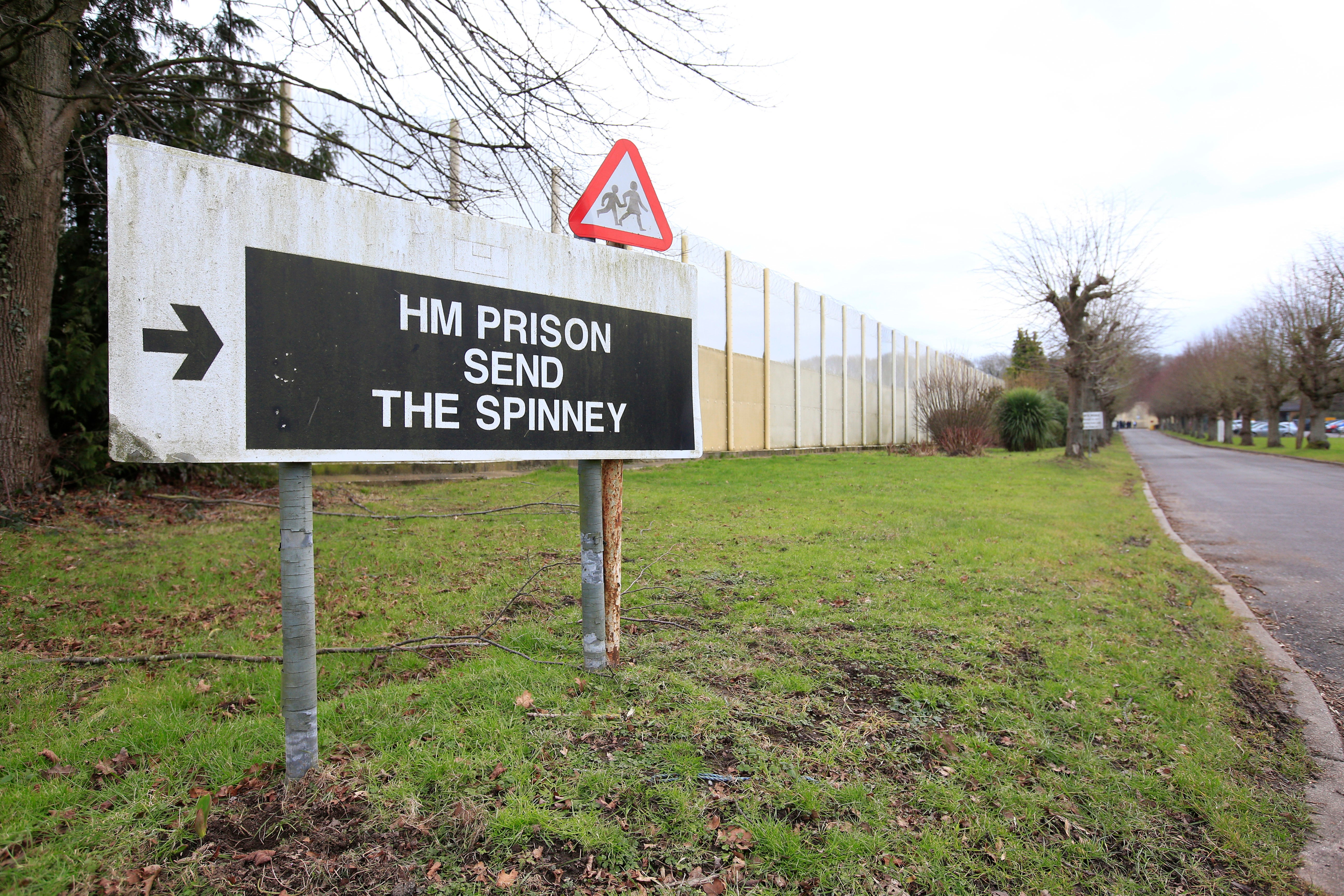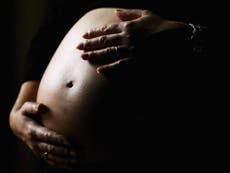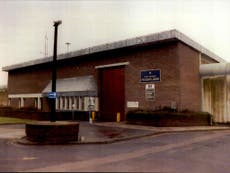Plans to build hundreds more cells in women’s prisons
Campaigners welcome announcement, but warn efforts do not go far enough to tackle longstanding problems

Your support helps us to tell the story
From reproductive rights to climate change to Big Tech, The Independent is on the ground when the story is developing. Whether it's investigating the financials of Elon Musk's pro-Trump PAC or producing our latest documentary, 'The A Word', which shines a light on the American women fighting for reproductive rights, we know how important it is to parse out the facts from the messaging.
At such a critical moment in US history, we need reporters on the ground. Your donation allows us to keep sending journalists to speak to both sides of the story.
The Independent is trusted by Americans across the entire political spectrum. And unlike many other quality news outlets, we choose not to lock Americans out of our reporting and analysis with paywalls. We believe quality journalism should be available to everyone, paid for by those who can afford it.
Your support makes all the difference.Hundreds of extra prison cells are to be built in women’s jails in a bid to improve conditions, the Ministry of Justice (MoJ) has announced.
Some 500 will be built in existing women-only prisons to increase the number of single cells available, which could allow more inmates to serve their sentence in open jail conditions.
In future, outdated cells could also be shut if the prison population reduces.
The plan could also see inmates allowed overnight visits with their children while they prepare for life at home after release.
However, some campaigners have branded this “concerning”, saying women should be allowed temporary release to see their children at home instead.
The department also pledged about £2m in funding for 38 charities so their “vital work in steering women away from crime can continue”.
This may include addressing mental health problems, which affect around half of women behind bars, and drugs – which a similar proportion have a history of taking.
The announcement comes as the government renewed its promise to cut the number of women in custody and provide effective support to deal with problems which could lead to crime in the first place or reoffending.
However, it admitted there could be a temporary rise in inmates in the near future as the number of investigations and prosecutions is expected to increase amid the hiring of 20,000 more police officers.
The prisons minister Lucy Frazer said: “Many female offenders suffer complex issues and have experienced very traumatic lives – and it’s only by addressing this that we will break the costly cycle of reoffending.”
The plan for a “whole-system approach” to give women a better chance of turning their lives around – which tasks a range of public bodies with tackling the situation – was set out in a national concordat on female offenders, which said: “Women on average commit less serious offences and often pose a lower risk of serious harm to the public.
"They are also, more often than men, primary carers when entering the criminal justice system, meaning the criminalisation of women is likely to have a greater impact on families and children."
Almost 71 per cent of women reoffended in the year after a jail sentence of less than 12 months, according to the document.
And the average number of repeat offences per female criminal is higher than among men and crimes tend to be low-level like shoplifting, the paper said.
It also warned that in 2017-18, black women were “more than twice as likely to be arrested than white women”.
Campaigners largely welcomed the announcement, but warned the efforts do not go far enough to tackle longstanding problems.
Kate Paradine, chief executive of charity Women in Prison, said: “This pledge and funding are just the start, and a far cry from what is needed in order to provide stability for women who face the sharp end of our society."
She called on the government in its upcoming budget to safeguard the future of women’s centres.
Emily Evison, policy officer at the Prison Reform Trust, said the plans would need to be backed up by “action on the ground to prove effective”, adding: “Instead of planning for a rise (in women prisoners), the government should redouble its efforts to ensure women are not being sent to prison to serve pointless short sentences.”
Andrew Neilson, director of campaigns at the Howard League for Penal Reform, said: “If the goal is to reduce the number of women entering the criminal justice system, then today’s announcement shows that ministers are looking at the issue down the wrong end of a telescope”, adding that the funding promised was “dwarfed” by the cost of the extra prison places.
Deborah Coles, director of the charity Inquest, branded the rise in prison places “deplorable”, saying it “flies in the face” of promises to keep women out of jail.
Additional reporting by PA




Join our commenting forum
Join thought-provoking conversations, follow other Independent readers and see their replies
Comments